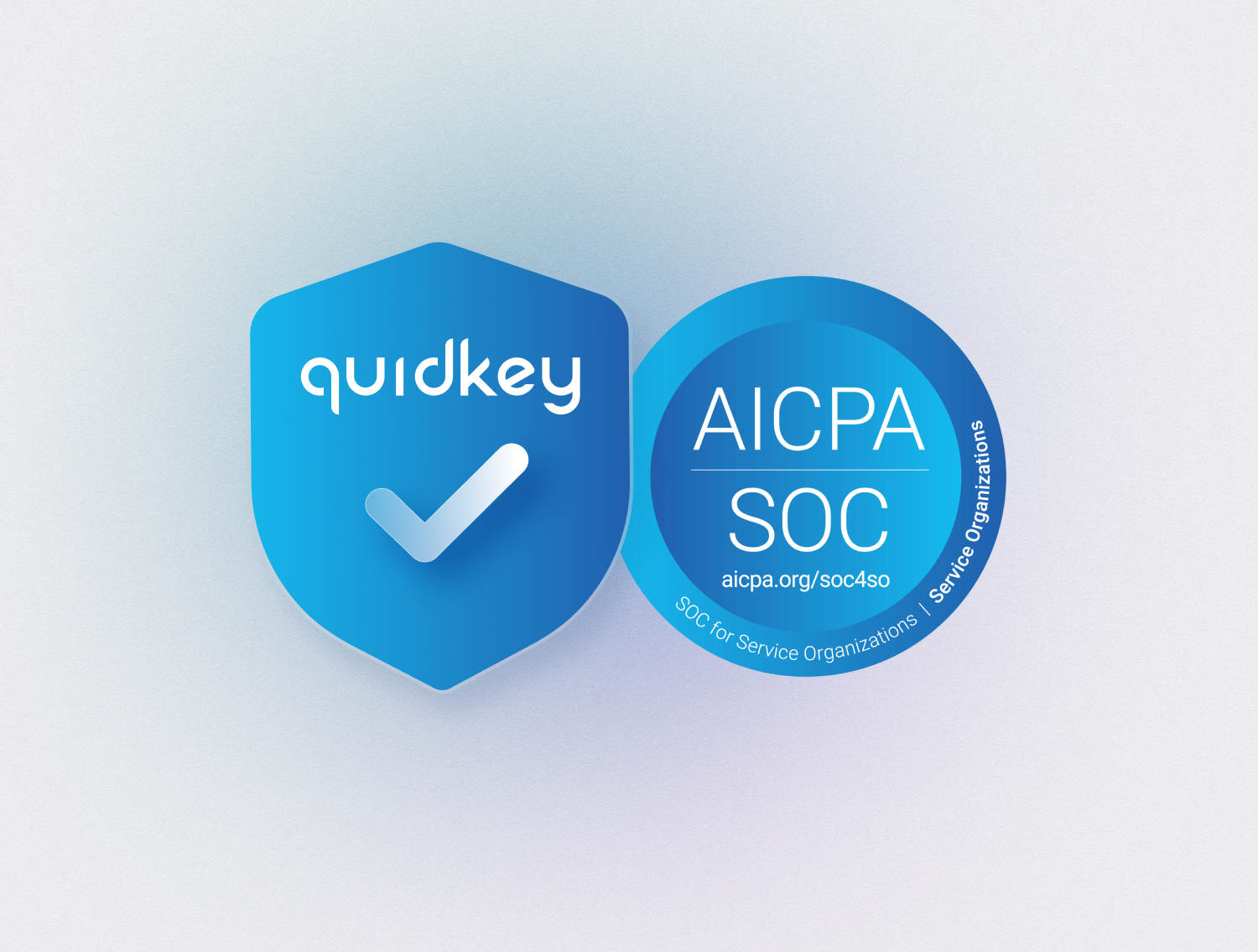The payments landscape is changing rapidly. For merchants, it’s not enough to just accept payments; the real value comes from what happens after the transaction.
If you are a CFO managing profitability, a COO managing costs, an e-commerce manager or in marketing building customer engagement, staying on top of all those expectations, whilst no mean feat in the face of fast moving consumer behaviour, is mission critical to business sustainability.
At Quidkey, we’re making it easier for merchants to use Open Banking-powered payments that are seamless, predictable, rewarding and help businesses grow with confidence.
The Hidden Cost of Refunds
Refunds and returns have become a major challenge for merchant profitability. E-commerce returns rates average between 15% and 30%. This issue directly impacts margins. Each return can cost a merchant between 20% and 65% of the item’s original value when you factor in logistics, restocking, and payment fees.
In addition to operational costs, fraud and abuse worsen the situation. Retailers incur losses exceeding US $103 billion on an annual basis due to fraudulent refund requests, which constitute approximately 15% of the overall returns. These numbers highlight that managing post-purchase friction is essential. However, refund processes remain isolated, with disparate payment systems, manual reconciliation, and delayed settlements that waste both time and money.
Why Real-Time Settlement Matters
Even when a sale isn't returned, merchants often wait one to five business days for funds to clear in their accounts. During this time, goods are shipped, suppliers are paid, or partial refunds are issued, often before the cash arrives. Delayed settlements tie up money when the merchant needs it most, preventing them from reinvesting in inventory, marketing, or acquiring customers.
In contrast, merchants using real-time settlement see 15% to 30% improvements in cash flow management, enhancing their operational agility and resilience. It allows merchants to access revenue as soon as a sale is completed, boosting liquidity.
The Role of Rewards in Merchant Value
Rewards and loyalty programs add another important layer of value after a purchase. Research shows that loyalty members generate 12% to 18% more revenue annually compared to non-members, while 70% of consumers spend more with brands that have reward programs.
When coupled with instantaneous settlement, rewards transform into a powerhouse of effectiveness.
The rapid access to capital enables merchants to rejuvenate their connections with their customers, offering instant cashback, store credits, or rewards that cultivate trust and encourage recurring purchases. Recognising that the top 5% of clients often accounts for 35% of a retailer's profits, cultivating loyalty is not just savvy marketing; it’s a masterclass in financial astuteness.
Quidkey’s Approach to Simplifying Merchant Adoption
At Quidkey, we’re creating a bank-branded checkout system powered by Open Banking that combines refunds, rewards, and real-time settlement bringing together cash flow, trust, and convenience.
Our solution is simple to use, scalable, and secure. Merchants can easily integrate through Shopify plugin, WooCommerce, or iFrame, enjoying competitive and clear pricing with instant settlements that enhance liquidity from day one. Refunds are seamless and easy to track within the order history, and rewards drive customer retention and loyalty.
By eliminating complexity from the payment process, Quidkey enables merchants to offer frictionless payment experiences - without any concessions. The trajectory of merchant payments is not solely characterized by speed of transactions - it is fundamentally constructed upon intelligent settlements, which we define as ‘zero checkouts’. Immediate liquidity, transparent and competitive commercials, and integrated refund-and-reward mechanisms are transforming the way merchants oversee their financial resources and nurture relationships with their customers.
At Quidkey, we’re collaborating with banks, payment service providers, and e-commerce platforms to turn this vision into reality. We’re simplifying merchant adoption and raising the bar for excellence after a purchase.
Borderless. Bank-powered. Real-time.
The True Cost of Delayed Settlements & Refund Friction





